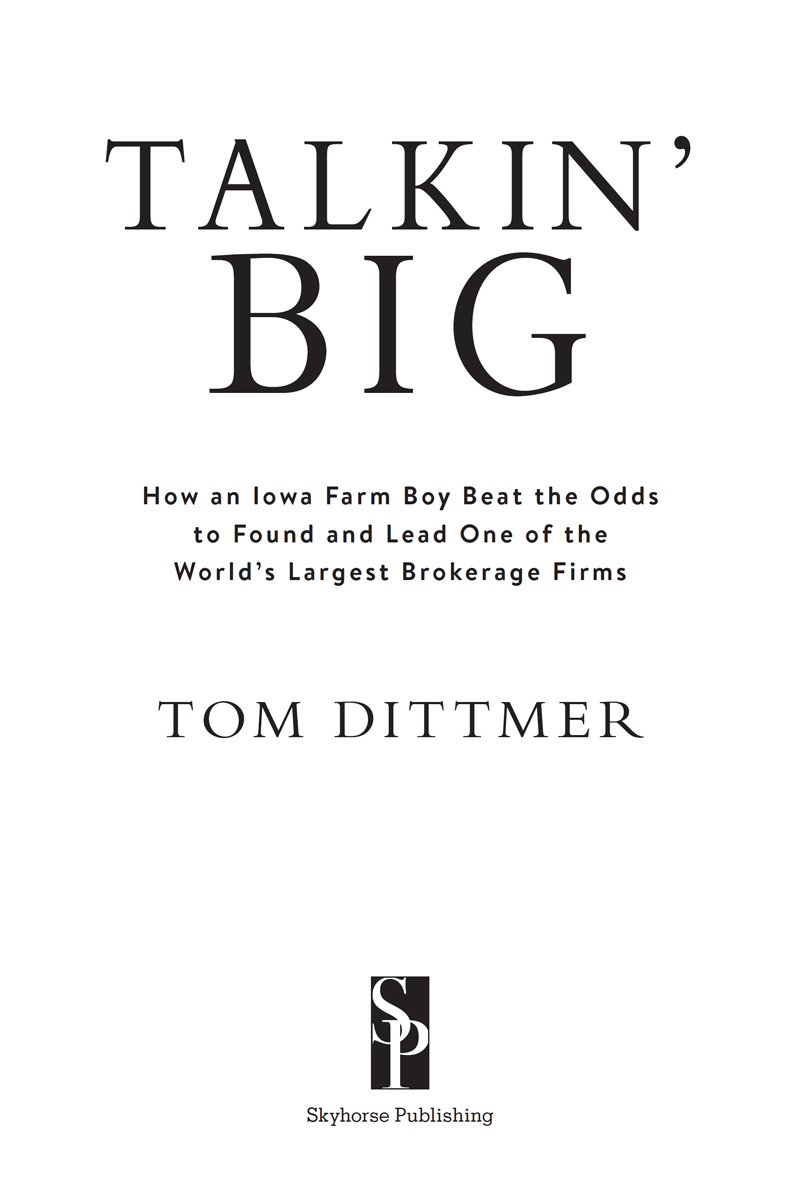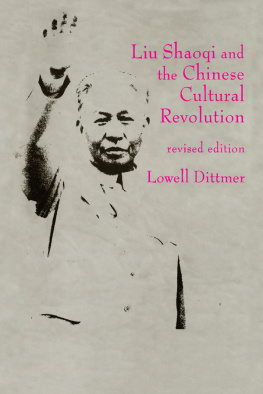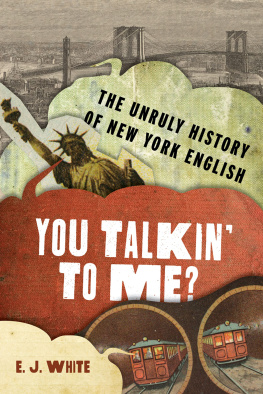


Copyright 2018 by Tom Dittmer
All Rights Reserved. No part of this book may be reproduced in any manner without the express written consent of the publisher, except in the case of brief excerpts in critical reviews or articles. All inquiries should be addressed to Skyhorse Publishing, 307 West 36th Street, 11th Floor, New York, NY 10018.
Skyhorse Publishing books may be purchased in bulk at special discounts for sales promotion, corporate gifts, fund-raising, or educational purposes. Special editions can also be created to specifications. For details, contact the Special Sales Department, Skyhorse Publishing, 307 West 36th Street, 11th Floor, New York, NY 10018 or .
Skyhorse and Skyhorse Publishing are registered trademarks of Skyhorse Publishing, Inc.,a Delaware corporation.
www.skyhorsepublishing.com
10 9 8 7 6 5 4 3 2 1
Library of Congress Cataloging-in-Publication Data on file.
Cover design by Brian Peterson
Cover photo credit: Frances Schultz
Print ISBN: 978-1-5107-3705-1
Ebook ISBN: 978-1-5107-3707-5
Printed in the United States of America
CONTENTS
To my wife, Frances;
my son, Jason, and his wife, Allison;
my daughter, Alexis;
and my grandchildren Casey, Jesse, and Piper.

JUST AN IOWA FARM BOY
W ere going to Portugal to go bird shooting, George Barley said.
No, George, all we do is shoot, and it costs a fortune! I told him. Im not going. No. Not a chance.
We did it anyway, because George could talk me into just about anything. We stayed at a very nice house in Alentejo, in the cork country. At that time, in the mid 80s, most of the worlds cork came from there.
There were sixteen of us in the shooting party: King Constantine II of Greece, his wife Queen Anne-Marie, some of the Hanovers, some of the Hapsburgs, George Barley, and me. All of those European royals are related.
Dinner the first night was held in the wine cellar. Our hosts had invited fourteen of their friends, and we sat at a table long enough to seat all thirty of us. Behind each of our chairs stood a footman ready to wait on us. From one end of the table to the other were piles of fresh shellfish. At each place setting were two silver buckets, one for the shells, and one for the wine. The footmen emptied our shells and refilled our glasses frequently.
The next morning the men went shooting, and the women followed later in horse-drawn carriages. We all met in the field for elevenses, which is a light snack and tea served at eleven oclock. Then we all returned to the house, where we had drinks outside under the trees and waited for lunch. Suddenly these amazing, fancy white horses began trotting out, and I couldnt believe it. They were the Lipizzan stallions! Honest to God, it was the Spanish Riding School of Vienna. The Hapsburgs, relatives of some in our shooting party, developed the Lipizzan breed in the sixteenth century.
I was blown away. I had never seen anything like it in my life. I had never had dinner with a king, with a footman at each chair; I had never had elevenses; and I had never been to a lunch where the Spanish Riding School was the entertainment.
Hey! Im just an Iowa farm boy.
THE EARLY DAYS
M y mother, Evelyn Jewel Robertson, lived with her mother, father, brothers, and sister on a farm in Hawarden, Iowa, near the South Dakota border. When my mother was thirteen years old, her mother died of a heart attack. Her older sister, Irene, had left the farm and moved to Kentucky to get married, and that left my mother to cook three meals a day and do the laundry for her family and the hired hands, all while attending school. She rode a horse to a one-room schoolhouse early every morning, and those Midwestern winters were cold!
A few years later, Mother met Marlin Dittmer, who lived with his Aunt Myrtle in Ireton, a few miles down the road. Marlins mother had died soon after he was born, and his father was killed in a car accident when Marlin was thirteen. Marlin was three years older than my mother and hadnt had much guidance in life. He was a drinker and a bad boy, which my mother liked. She also liked the idea of getting off the farm.
They had sex once and she became pregnant at sixteen. They got married because thats just what you did then. She was seventeen when I was born and she never graduated from high school. The year was 1942. Marlin left soon after my birth to join the Navy, and my mother and I moved into a small apartment above a dry cleaner in Hawarden.
My parents divorced by the time I was a year old. As it turned out, I would only see Marlin a few times in my life. The concept of being raised by a single parent never occurred to me as a child, though. The biggest stigma my mother was forced to endure came when she had to go on welfare for six months. They called it subsistence then, and nobody talked about it much in those days. How poor were you that you were taking money from the government? God, it was the worst and it was shameful. She was finally able to go off subsistence after she got a job at the dry cleaners downstairs.
When I was just a year old, I contracted polio, though it wasnt properly diagnosed at the time. They thought I had pediatric rheumatoid arthritis. I cried constantly and I couldnt walk like a one-year-old should be able to. My legs hurt, my knees were swollen, and every night my mother put hot packs on my legs to try to ease the pain. By the time I was three, it just went away. Ten years later, they diagnosed me as having non-paralytic polio. Fortunately, the only effect that lingered was on my running. I was never fast. When I was in the Army, I could jog up to twelve miles with a heavy pack on my back, but if I had to sprint, I was slow.
I started stuttering from the time I could talk. Everyone in my family said, Oh, he thinks faster than he can speak. It wasnt until I went to school that the teasing started.
I remember going a couple of times to visit with Aunt Myrtle and Grandpa Dittmer, and to see Marlin, in Le Mars, about thirty miles away. Aunt Myrtle was an old maid who lived to be 103. Grandpa Dittmer was seventy-five years older than I was to the day. He was the only one on Marlins side of the family that my mother really liked. She thought he was a wonderful man.
Grandpa Dittmer came to Iowa in 1860, right before the start of the Civil War. He built four farms and became rich. Before the Depression, he sold his farms to his relatives, but they stiffed him on the deals because no one had any money.
One summer when I was about five, Marlin came to visit me for about an hour. Just before he left, he told me, Ill send you a red cowboy suit.
I went home and told my mother, Im going to get a red cowboy suit. And for one year I asked about that cowboy suit every single day. Finally, my mother, who had no extra money, bought one and said it was from him. It wasnt until I was an adult that I found out that she just couldnt take my disappointment. I didnt see Marlin again until I was eighteen.
That was when I began to understand that when you tell someone youre going to do something, youd better do it.
Next page










